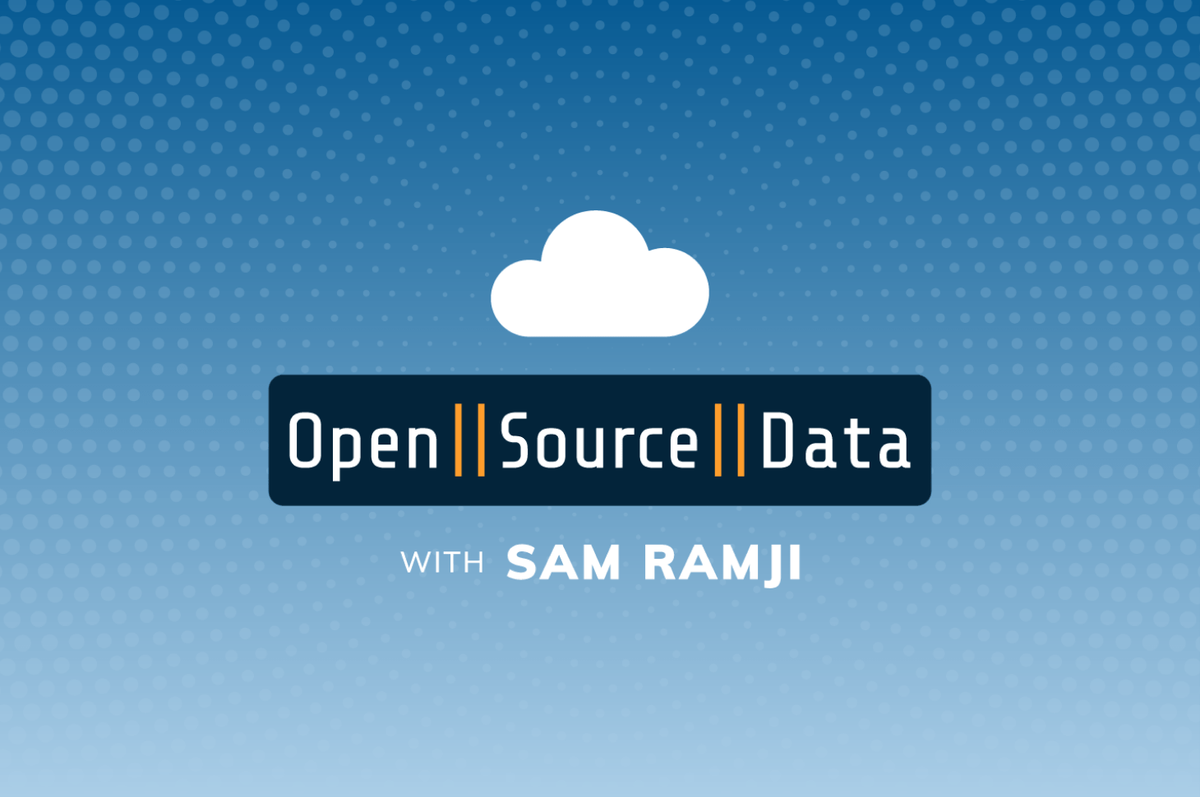Haven’t checked out the Open||Source||Data podcast just yet? Here’s what you’re missing

If you’re interested in the future of open source technology, open architectures, and open data, Open||Source||Data podcast is a must-listen! My inspiration for the show comes from the people I’ve worked with over many years of bringing leading thinkers together at O’Reilly’s technical conferences including OSCON, Velocity, Software Architecture, and Strata. I joined DataStax a year ago to answer the question, “What do world-class conversations look like in a post-conference world?” and, “How do I help spread the knowledge of innovators?”
I met our podcast host, DataStax Chief Strategy Officer Sam Ramji at the 2015 O’Reilly flagship event OSCON, and stayed connected through more O’Reilly conferences. I've always enjoyed chatting with Sam, and watching him present at events. He brings keen insight and perspective, along with thoughtful delivery.
Over his 25-plus-year career in technology, Sam has met many incredible people. On the podcast, we highlight these friendships and new ones alike, while discussing concepts, tools and practices like data on Kubernetes, data meshes and fabrics, knowledge graphs, responsible AI, open source in academia, and of course science and analytics. We bring in new thinkers—both established veterans and rising stars—from across these topics and more.
For a quick taste of what you’ve been missing, here’s a recap of the first season with behind the scenes production insight, in case you would like to start a podcast of your own!
If you’re interested in open source data and the role it will play in the future of technology, subscribe to the Open||Source||Data podcast and become part of our community of friends.
